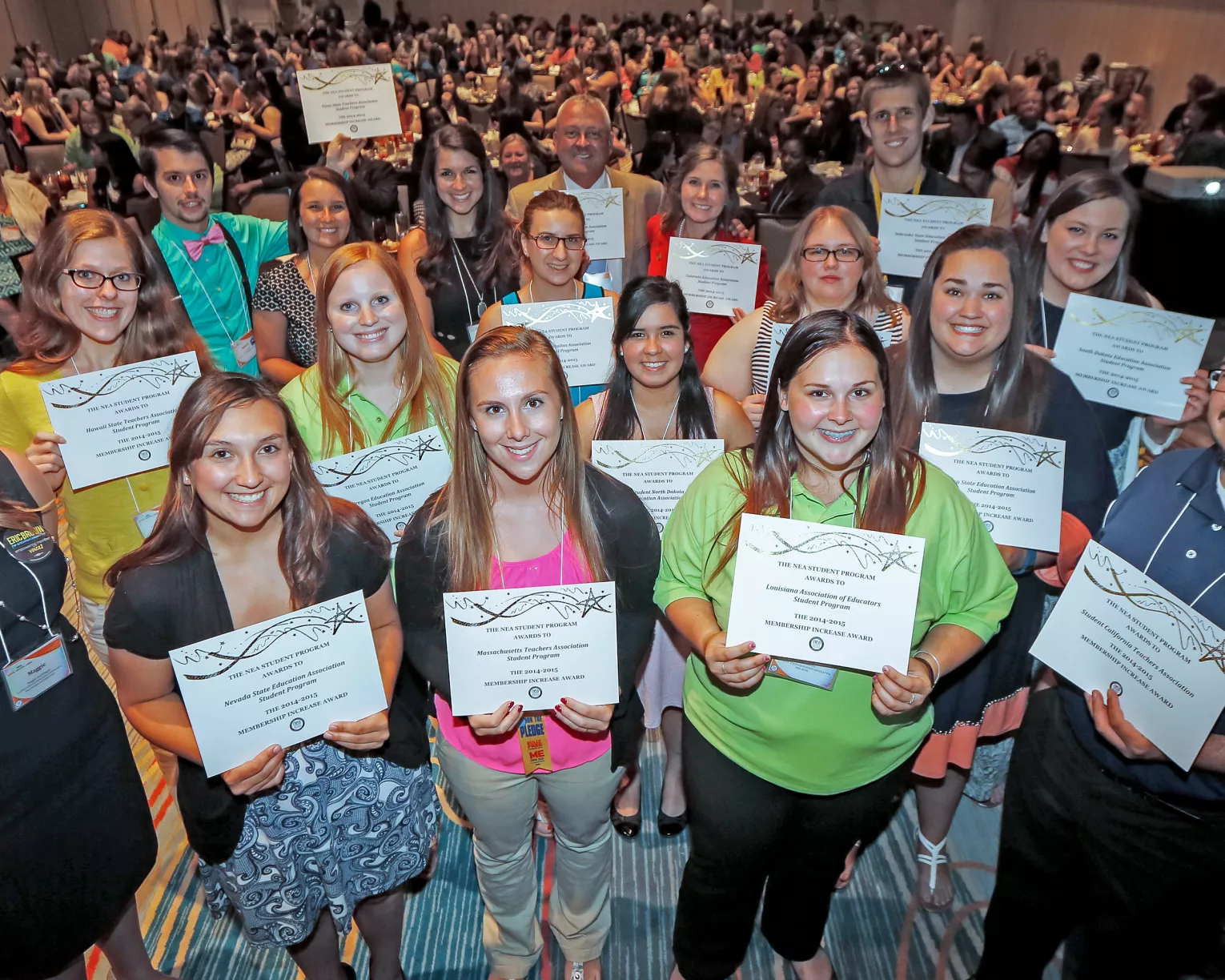The ideal educator preparation program (EPP) collaborates with the schools and districts where it sends teacher candidates for student teaching. They may call student teaching “clinical practice,” “residency,” or a variety of other names. Regardless of what it’s called, here are a few desired features that you should discuss with your program advisor. In great programs:
-
The EPP and school jointly select great “cooperating teachers” who are carefully matched to the student teachers they host.
-
Cooperating teachers receive specialized professional development from the EPP so they are familiar with its assessments and the knowledge and skills the EPP emphasizes.
-
Programs coordinate calendars with school districts so candidates can complete expectations without encountering conflicting duties between school and the EPP.
-
Candidates have an opportunity to express their desires for schools and districts where they want to do their practice teaching.
-
Programs provide a minimum of a full semester of student teaching, preferably a full year in either a “residency program” or a “professional development school.”
-
Ideally, look for teacher residency programs – a model that provides some form of compensation during your student teaching.
Tips to make your student teaching experience great
To help you make the most of the student teaching experience, the following ideas were compiled from the advice of current student teachers, early career educators, cooperating teachers, EPP faculty, school district hiring personnel, experts who track who is hired and how well they succeed in their career. Here is what they had to say:
-
Visit schools and spend time in classrooms before starting your student teaching. Either through coursework, assistance from your advisor, your EPP’s Aspiring Educators chapter, or by reaching out to the NEA affiliate where you hope to student teach, find opportunities to observe, tutor, and learn what teaching is like in schools.
-
Seek student teaching assignments where you will work with diverse learners. Grow your understanding of and appreciation for cultural differences and assets each student brings to learning. Also seek experience working with students with varied special needs. Grow in your ability to understand and meet the learning needs of each student.
-
Invest in building a strong professional relationship with your cooperating teacher. This colleague is possibly the most valuable learning asset in your entire educator preparation experience. Express care for their well-being, too! While respecting their time and other duties, be ready to ask questions and learn, collaborate and connect.
-
If student teaching occurs in the spring, find ways to visit schools or shadow teachers during school opening in the fall prior to your student teaching semester. This will introduce you to some of the expectations for what’s needed when you become the teacher-of-record to prepare to greet your students the next fall.
-
Work with your cooperating teacher to help you learn more about your students as individuals. Seek to understand each student’s “story,” their interests, assets, past successes, and potential learning needs.
-
Learn about the community. Work with your EPP, your AE chapter, the local NEA affiliate, and your cooperating teacher to identify activities to help you learn more about the community where you are student teaching. Find out about its history, community resources, etc. Always maintain a focus on the unique and valuable experiences in the community. Participate in community events with an eye on learning and growing in your own appreciation for culture.
Starting before the beginning
As mentioned earlier, begin your experiences in school before the school year starts, meeting with your cooperating teacher individually and attending activities for staff in preparation for the year. This is much more likely to be an option if you are student teaching in a year-long professional development school or teacher residency program, or in a semester-long program that begins in the fall.
A good way to start seeking these experiences is to visit with your advisor at your EPP to ask their help in getting invited to these events, even if student teaching won’t begin until spring. Your NEA Aspiring Educators chapter may have programs in place or they may be open to having you to help initiate such opportunities. You may also be able to connect with local school districts through the NEA affiliate in the district. Anything you can do to learn about the range of the school year experiences will enhance your readiness to begin your first job: teacher meetings before students return, gaining additional practice working with students beyond the classroom, learning about the school community and its resources, and final meetings after students are gone for the year.
Finishing strong!
-
Document of all your experiences in schools and working with students, families, and communities. These will be invaluable sources of reflection and growth as well as examples for your resume and future job applications.
-
Be active in the Aspiring Educators program – increase your experiences and grow as a leader!
-
Join NEA after you’re hired for that first job! Get involved with the Early Career Educators programs available to help you bridge from being an Aspiring Educator to an active member and into a successful and rewarding career.
Are you an affiliate?


